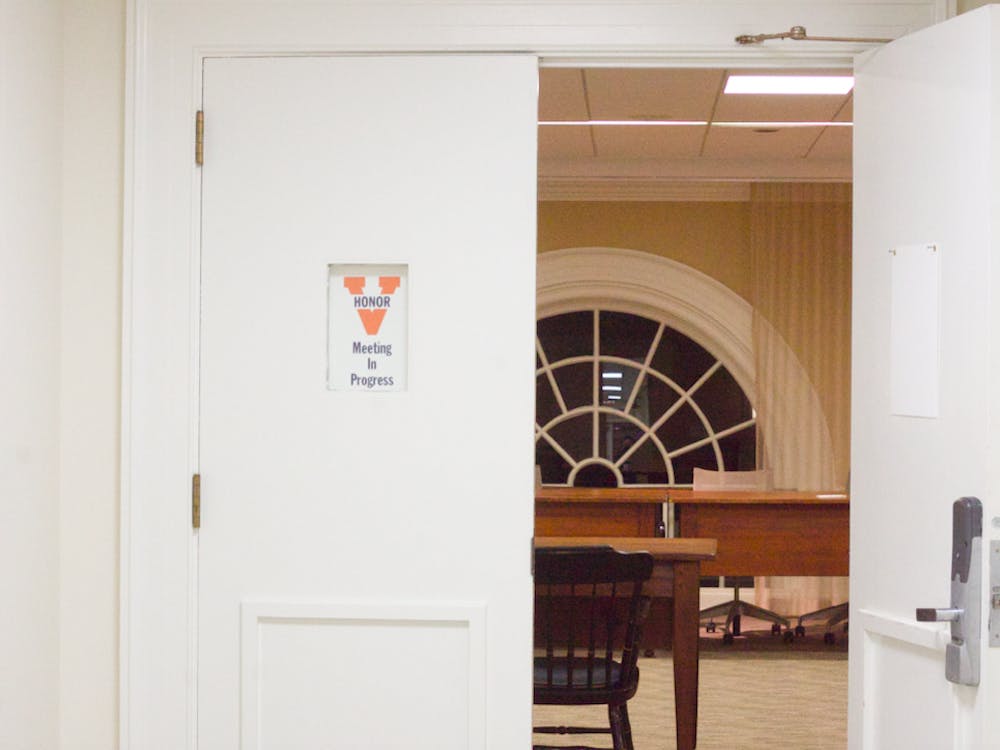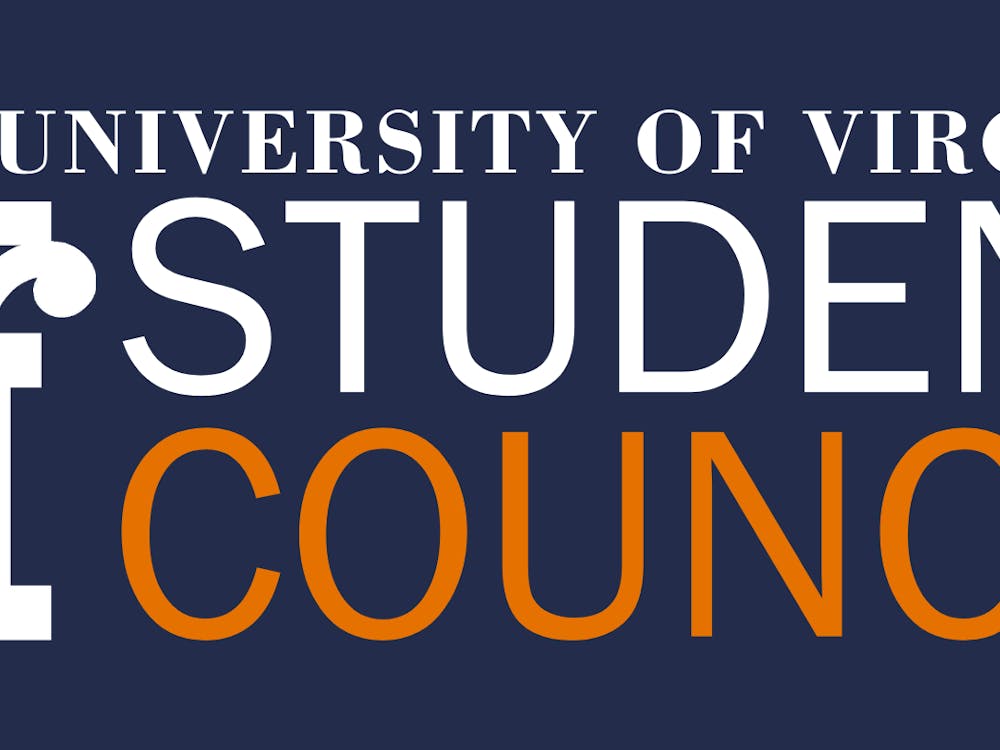The government of Puerto Rico is facing a crisis that will come to test the island’s relationship with the United States — and, hopefully, reshape it. For the past few decades, the Puerto Rican economy, along with the island’s workforce, has been decaying. And currently, the Puerto Rican government truly has its hands tied.
As Gov. Alejandro García Padilla said this past summer, the Puerto Rican economy is on a “death spiral” and, because of its economic conditions, the island will not be able to pay back its debt of over $70 billion.
Until recently, Puerto Ricans and the Puerto Rican government have been mostly on their own when it comes to implementing policies that directly address the issue. However, the Puerto Rican crisis has finally caught the attention of the U.S. government. Four days ago, Antonio Weiss, counselor to the Secretary of the U.S. Treasury, gave testimony before the Senate Committee on Energy And Natural Resources, describing the situation on the island as one that “could become a humanitarian crisis” by December.
In response to this possibility, the Obama administration presented a proposal that, although not a direct federal bailout, is designed to help the island’s government steer clear from a complete economic collapse. However, the proposal is sitting on Congress’ lap and might sit there for while.
But wait — didn’t a similar situation occur in Detroit? And why does the federal government need to interfere? Why is this issue being addressed now?
In 2013, Detroit filed for Chapter 9 bankruptcy in the largest municipal bankruptcy filing in U.S. history by debt, estimated at around $18 billion. The situation was similar to Puerto Rico’s current fiscal crisis, but there are some notable differences that distinguish both cases.
Since Puerto Rico is an unincorporated territory, there is no provision under U.S. bankruptcy law that allows the island to declare bankruptcy on a municipal level. Last August, the Puerto Rican government defaulted on a $58 million bond payment, leaving the Puerto Rican government in a tough situation which seems unresolvable at a local level.
In its relationship with Puerto Rico, the United States has had a tendency to address the issues that are of concern to the Puerto Rican people — but only when these issues are certain to draw the attention of the international community.
This was reflected in the 1940s, when the Charter of the United Nations was signed along with its Declaration Regarding Non-Self-Governing Territories. This immediately put the spotlight on Puerto Rico at the time, and obligated the United States to promote the wellbeing of its people. As a result, the Commonwealth of Puerto Rico was established — with congressional action and approval. Coincidentally, this came at a time when the international pressure to get rid of colonizing regimes was consistently increasing.
The fact that decisions that concern the wellbeing of an entire people need congressional action and approval shows the need for an immediate re-evaluation of the relationship between the United States and Puerto Rico. Although the island does possess significant local powers, as any state in the United States would, the lack of federal representation and benefits a territory like Puerto Rico has is incompatible with a modern government structure and is the biggest reason the economic crisis in Puerto Rico has not been controlled.
The flirtation with statehood has always been present in political discussions surrounding the crisis, and it seems a viable remedy that might mitigate future economic troubles for the island. However, it isn’t the only remedy. An “enhanced Commonwealth” government structure that gives Puerto Rico some powers as well as federal support has been proposed repeatedly by Puerto Rican politicians but consistently rejected by the Senate. Independence for Puerto Rico would also provide certain remedies but is supported only by 6 percent of Puerto Ricans.
Despite the options available, the United States seems reluctant to move forward with any of them. Hopefully, the economic and fiscal crisis the Puerto Rican people face will become the catalyst for a reshaping of relationships between the island and the United States, and not a cause for more unnecessary suffering that has already been widely ignored by the political and partisan self-interests that are so common in the U.S. government.
Carlos Lopez is an Opinion columnist for The Cavalier Daily. He can be reached at c.lopez@cavalierdaily.com.





